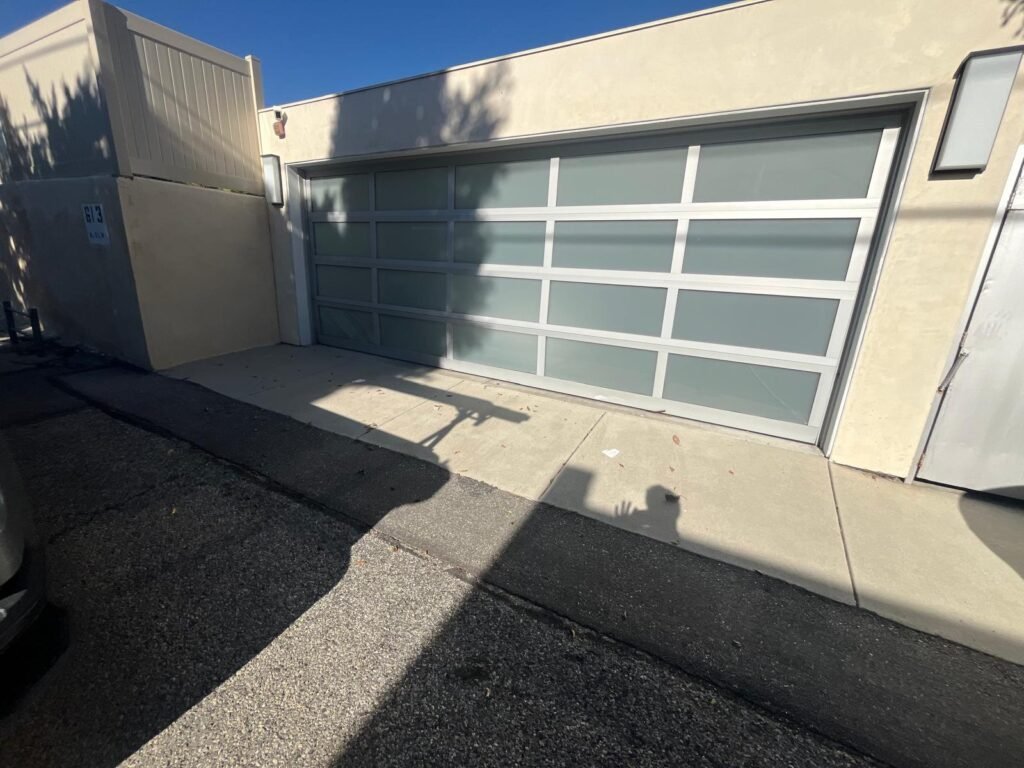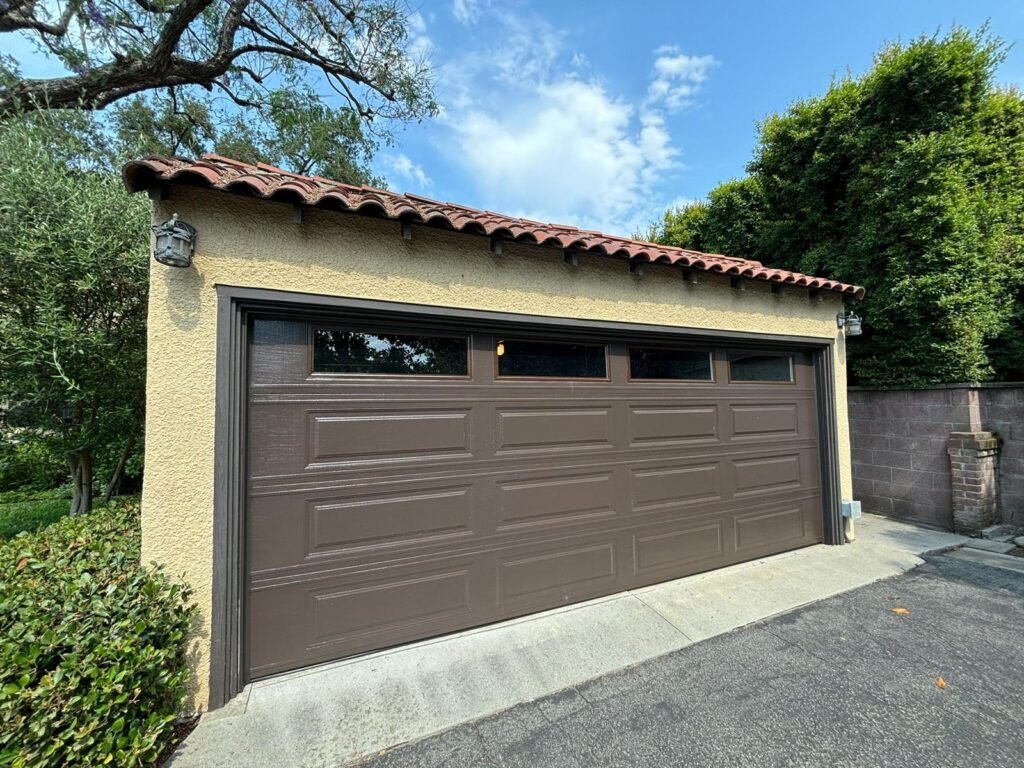

Garage Door Cable Repair Frequently Asked Questions
Learn more about commonly asked questions from costumers about Cable Repair.
Garage Door Cable Repair FAQs
What brands of garage door systems does GMR work with for cable repairs?
GMR specializes in cable repairs for all major garage door brands including Chamberlain, LiftMaster, Genie, Amarr, Clopay, Wayne Dalton, C.H.I., Raynor, Overhead Door, and Martin. Our technicians are factory-trained to work with both residential and commercial systems from these manufacturers, ensuring proper compatibility and installation of replacement cables.
What types of garage door cables does GMR typically replace?
GMR works with various cable types including galvanized aircraft cables (typically 1/8″ or 3/16″ diameter), torsion spring cables, extension spring cables, safety cables, and specialty high-cycle cables. We stock standard 7×19 strand cables for residential doors and heavier-duty cables for commercial applications. Our inventory includes both looped and stop-ended cables to accommodate different drum and bracket configurations.
Does GMR work with specialty or high-end garage door systems for cable repairs?
Yes, GMR technicians are trained to service specialty and high-end systems including Ryterna custom doors, Hörmann premium European systems, Haas architectural doors, and Designer Doors handcrafted wood systems. We also work with specialty configurations such as high-lift, vertical-lift, low-headroom, and jackshaft operator systems that require specific cable specifications and installation techniques.
What equipment does GMR use when performing professional cable repairs?
GMR technicians utilize professional-grade equipment including spring winding bars, cable tensioning tools, specialized wrenches, cable cutters, crimping tools, and safety equipment. For precision installations, we use cable length measuring devices and tension gauges. Our trucks are stocked with various cable types, drums, and hardware to handle most repairs in a single visit, including equipment for safely handling high-tension spring systems.
How do I know if my garage door cables need repair or replacement?
Signs that indicate your cables need attention include visible fraying or unwinding of cable strands, cables that have come off the drum pulleys, doors that hang unevenly or at an angle, grinding noises during operation, or a door that won’t open or close properly. If you notice a broken spring, the cables often need inspection as well, as the sudden spring failure can damage cables or cause them to become misaligned.
What maintenance can homeowners perform on garage door cables before needing professional repair?
Homeowners can perform regular visual inspections of cables for signs of wear, fraying, or rust. Keep the tracks and moving parts clean and free of debris that could catch on cables. Apply a silicone-based lubricant to rollers and hinges (not directly on cables) every 6 months. Listen for unusual noises during operation that might indicate cable issues. Never attempt to adjust, tighten, or replace cables yourself as they’re under extreme tension and can cause serious injury if mishandled.
After a cable repair, what maintenance should homeowners perform to extend cable life?
After a professional cable repair, homeowners should perform monthly visual inspections of the cables, checking for any signs of wear or fraying. Keep the door tracks clean and free of debris. Lubricate moving parts (except the cables themselves) with a silicone-based lubricant twice yearly. Test the door balance by disconnecting the opener and manually operating the door to ensure it moves smoothly. Schedule annual professional maintenance to catch potential issues before they lead to cable failure.
Are there different cable specifications for different weight garage doors?
Yes, GMR uses different cable specifications based on door weight and usage. Lighter residential doors typically use 1/8″ diameter cables with a 7×19 strand construction rated for up to 1,980 lbs. Heavier doors require 3/16″ or 1/4″ cables rated for up to 4,200 lbs. Commercial doors may use even heavier 5/16″ cables. The cable length and drum size must also be matched to the door height and track configuration. Using the incorrect cable specification can lead to premature failure or unsafe operation.
How long does a typical garage door cable repair take with GMR?
A standard garage door cable repair typically takes 60-90 minutes for GMR technicians to complete. This includes assessment, cable replacement, adjustment of spring tension, and testing the door operation. More complex systems like commercial doors, custom high-lift configurations, or doors requiring additional repairs may take 2-3 hours. Our technicians come prepared with all necessary parts and equipment to complete most repairs in a single visit, minimizing downtime for your garage door.
Does GMR offer warranty on garage door cable repairs?
Yes, GMR offers a comprehensive warranty on all garage door cable repairs. Our standard warranty includes 90 days of labor coverage and 1 year on parts for residential cable replacements. Commercial door cable repairs come with 30 days of labor coverage and 6 months on parts due to higher usage cycles. Extended warranties are available for high-cycle applications. The warranty covers manufacturing defects, improper installation, and premature wear under normal use conditions.
Request Your Cable Repair
Fill out the form below for a fast response.
Contact Information
Hours:
MONDAY – FRIDAY: 7:00 AM – 9:00 PM
SATURDAY & SUNDAY: 8:00 AM – 9:00 PM
Address:
Los Angeles, CA 90036
Schedule Online
Use our calendar to book a convenient time for your Cable Repair.

